TCOB wants to share some important updates regarding the clinic’s phased re-entry over the next 7-8 weeks. We will be contacting all our families individually to discuss scheduling options in the coming weeks. We want to reiterate TCOB continues to take COVID-19 seriously and the health of our families and staff.
As many of you are aware, TCOB launched telehealth services shortly after publicly closing in March. For those families who feel they benefit from telehealth, we want to reassure you we will continue to offer these services to families for the foreseeable future and we highly encourage you to minimize exposure and take advantage of this service as long as possible.
We recognize not all families benefit from telehealth, and we hope to welcome you back safely to the clinic with necessary precautions in place for the entire wellbeing of our families and staff. I wanted to share changes we will make to the visits and what you can expect when you return to in-person visits.


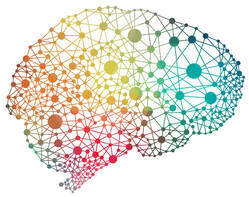
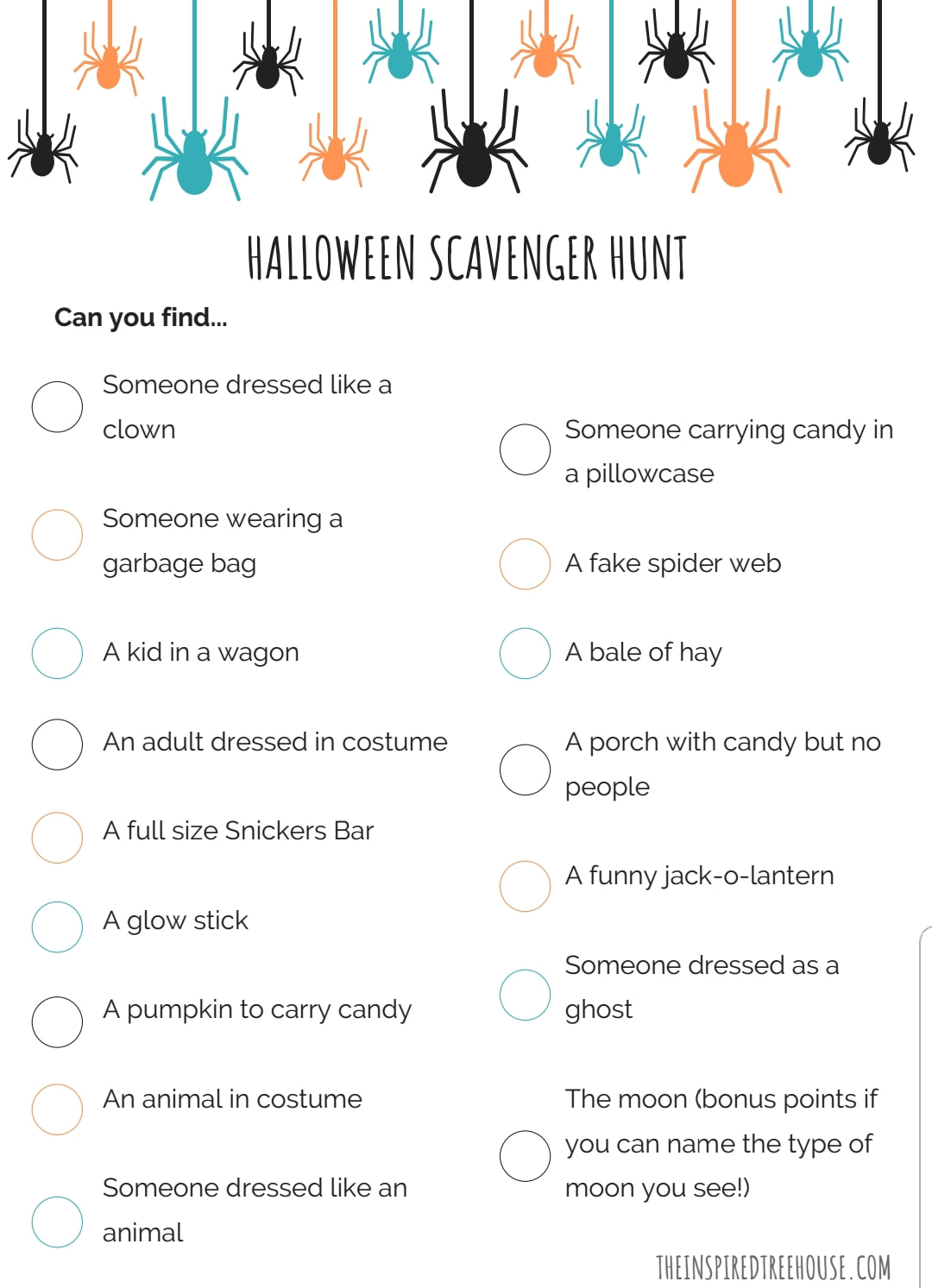

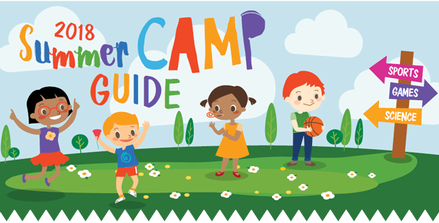
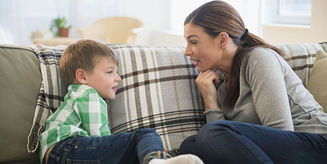
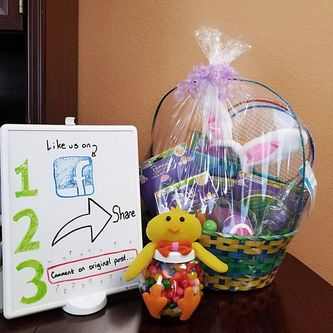
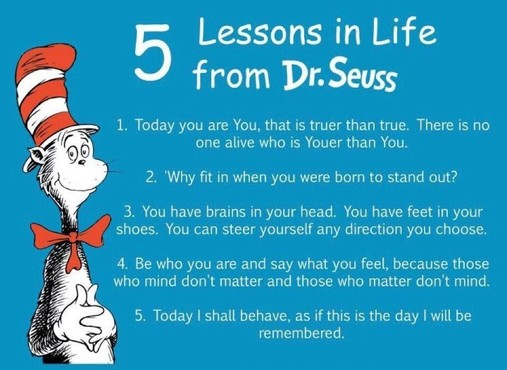
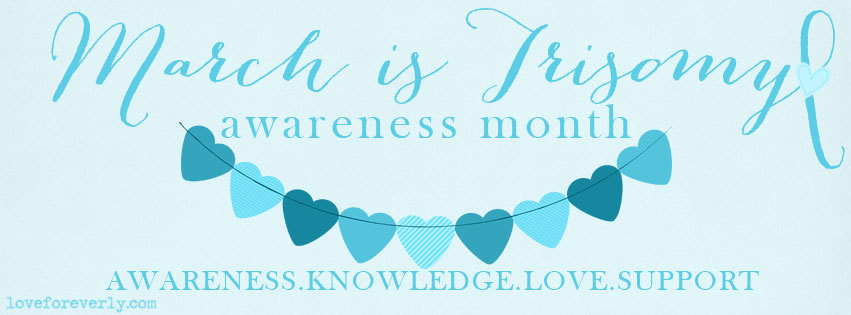
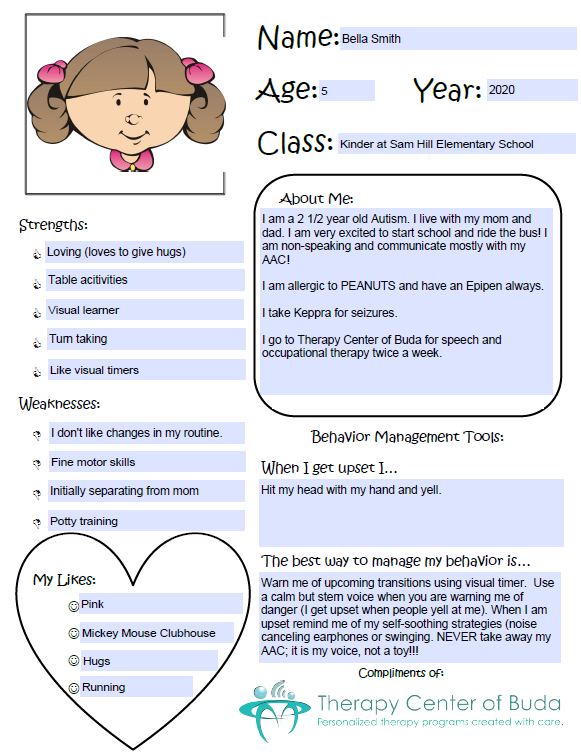
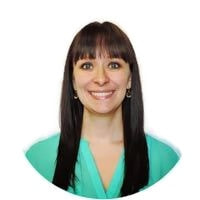

 RSS Feed
RSS Feed
